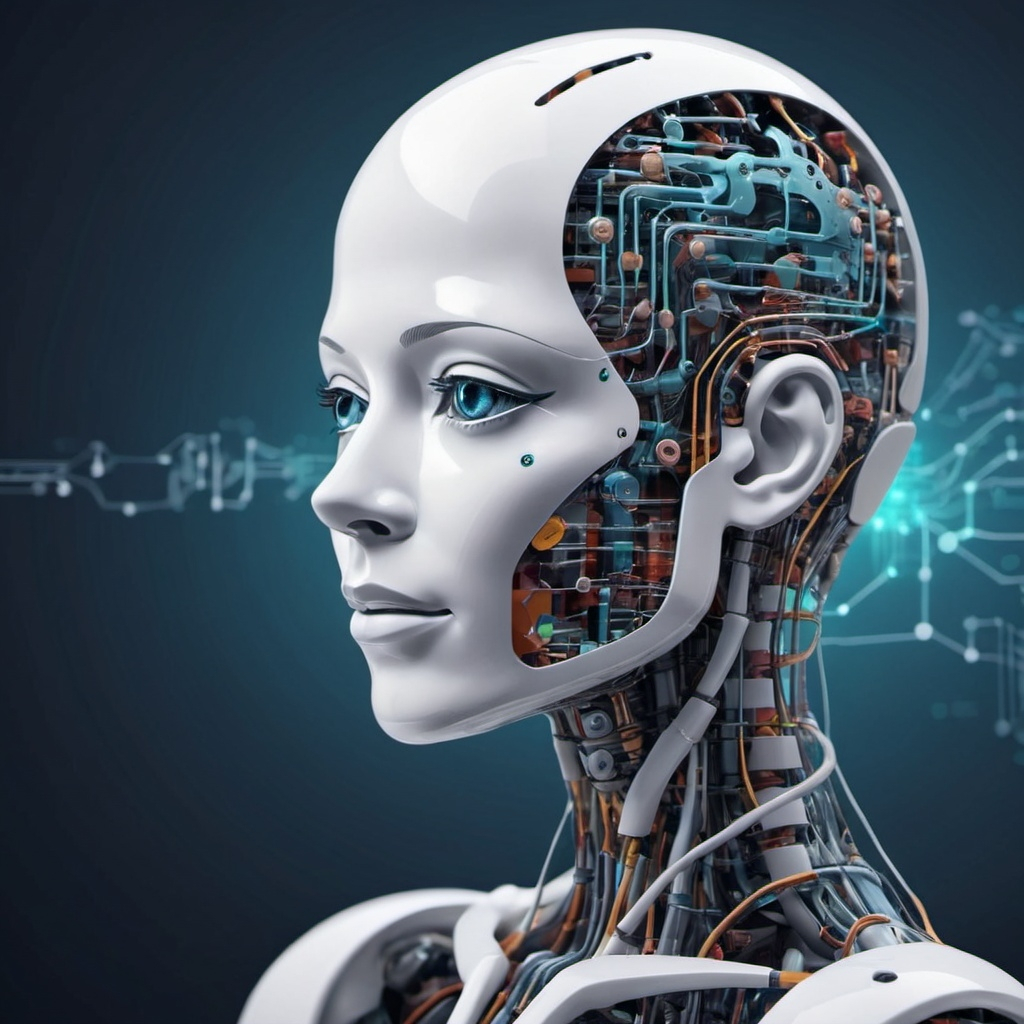Generative AI: Revolutionizing MarTech and Empowering Marketers

Generative AI has rapidly emerged as a transformative force in the marketing technology landscape, offering unprecedented capabilities and reshaping how marketers approach their craft. Let’s explore the inception of this technology, its applications in MarTech, and the benefits it brings to marketing professionals.
The Birth of Generative AI
Generative AI, powered by large language models (LLMs), has its roots in decades of research in natural language processing and machine learning. However, the real breakthrough came with the development of transformer models and the introduction of GPT (Generative Pre-trained Transformer) architectures. These advancements allowed AI systems to generate human-like text, images, and other content with remarkable coherence and creativity.
Generative AI in MarTech
The integration of generative AI into marketing technology has opened up a world of possibilities for marketers:
Content Creation: AI-powered tools can now generate blog posts, social media content, ad copy, and even video scripts, significantly speeding up the content creation process.
Personalization: Generative AI enables hyper-personalized marketing messages and experiences by analyzing vast amounts of customer data and creating tailored content at scale.
Customer Interaction: AI-powered chatbots and virtual assistants can engage with customers in natural language, providing personalized support and recommendations.
Benefits for Marketers
The adoption of generative AI in marketing brings several advantages:
- Increased Efficiency: AI tools can automate time-consuming tasks, allowing marketers to focus on strategy and creativity.
- Enhanced Creativity: Generative AI can serve as a powerful brainstorming tool, offering fresh ideas and perspectives.
- Data-Driven Insights: AI systems can analyze vast amounts of data to uncover trends and insights that inform marketing strategies.
- Improved Personalization: Marketers can deliver more relevant and engaging experiences to their audiences at scale.
- Cost-Effectiveness: By automating certain tasks, generative AI can help reduce operational costs in marketing departments.
Preparing for the AI-Driven Future
To make the most of generative AI in marketing, organizations should:
- Establish clear guidelines for AI usage within the company.
- Ensure data quality and proper documentation of tech stacks and data flows.
- Develop an AI ethics statement, especially if providing AI-enabled products.
- Invest in training and upskilling marketing teams to work effectively with AI tools.
- Regularly review and update AI strategies to address new applications and emerging issues.
Conclusion
Generative AI is not just a passing trend but a fundamental shift in how marketing is conducted. While it offers immense potential, it’s crucial to remember that human creativity, strategic thinking, and ethical considerations remain vital.
By embracing generative AI thoughtfully and strategically, marketers can unlock new levels of productivity, creativity, and effectiveness in their campaigns, ultimately delivering more value to their organizations and customers alike.
